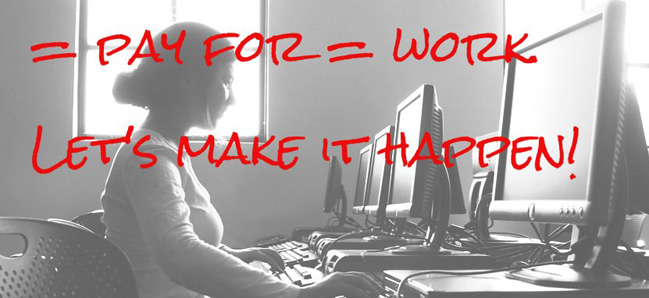
On Sunday, the Israeli government formally and unanimously endorsed a plan to ensure greater employment of women in the upper ranks of public service and to narrow wage gaps between men and women.
The plan was sponsored by Limor Livnat, Culture and Sports Minister and head of the Ministers’ Committee for the Advancement of Women.
Offering a roadmap towards a more equitable and just workforce in Israel, the plan addresses equal representation of women in senior positions, mandates government offices ensure equal pay, and outlines proactive steps to counter wage gaps. Provisions in the plan include setting annual objectives, institutionalizing flexible work hours, allowing for telecommuting, conducting gendered analysis of job descriptions and responsibilities, and holding training and awareness raising programs.
The plan was set into action thanks, in large part, to the EQUAL Pay Project – a joint initiative of SHATIL, the Israel Women’s Network, the Adva Center and the government’s Equal Employment Opportunities Commission. The project submitted a detailed policy paper and recommendations to the committee, which were adopted in full.
“Besides the achievement itself, we have seen a remarkable example of what civil-society organizations can achieve through collaboration and we in the project will continue to monitor and ensure full implementation of the recommendations,” says project director Tamar Adelstein-Zekbach.
The project’s other accomplishments to date include:
- Enactment of new legislation in March requiring certain employers (including public companies, NGOs, and other bodies) to publish wages and salaries by gender thereby enabling better assessment, monitoring, and action against gender wage gaps.
- Media outreach that generated more than 50 articles exposing thousands of people to information on gender-based wage gaps. The important discussions and good working relations developed with key journalists are influencing both the quantity and the quality of media coverage of the issue.
- Progress has been achieved in urging employers to take steps to improve and/or adopt organizational policies aimed at equalizing wages. Three major public institutions, who together employ more than 15,000 workers, agreed to undergo holistic equal pay interventions. These bodies have the potential to serve as models for other employers in Israel.
- Production and launch of a computerized equal pay platform helping employers to identify, assess, and evaluate gender-based wage gaps in their organizations.
